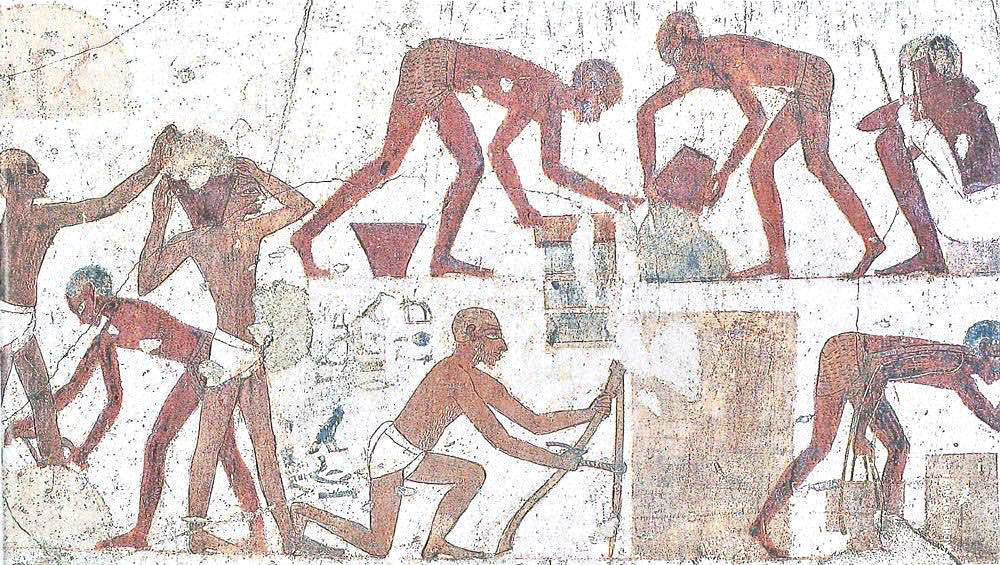Un gruppo di archeologi ha riportato alla luce la “città d’oro perduta” di Aten, nei pressi di Luxor, in Egitto.
secondo l’egittologa Betsy Bryan, docente di egittologia alla Johns Hopkins University e membro del team responsabile della scoperta, “potrebbe essere la seconda scoperta archeologica più importante mai fatta dopo il ritrovamento della tomba di Tutankhamon nel 1922”.
Si ritiene che Aten sia stata fondata dal faraone Amenhotep III, il quale governò l’Egitto dal 1391 al 1352 a.C., diventando in breve tempo il più importante centro amministrativo e industriale del paese.
“molte spedizioni internazionali hanno cercato questa città senza trovarla“, ha dichiarato Zahi Hawass, il noto archeologo ed ex ministro per l’antichità che è alla guida del team di ricerca.
Per ironia della sorte, ci è riuscita una missione con un obiettivo diverso. Lo scopo originale della missione, infatti, era quello di trovare il tempio mortuario del faraone Tutankhamon, e non la città di Aten.
“Nel giro di poche settimane, con grande sorpresa della squadra, formazioni di mattoni di fango hanno cominciato ad affiorare in molte direzioni”, riferisce il comunicato diffuso dalla missione.
Insomma, per puro caso, gli archeologi avevano tirato fuori dalla sabbia “il sito di una grande città in un buono stato di conservazione, con mura quasi complete, e con stanze ricche di strumenti utilizzati nella quotidianità”.
Una scoperta fortuita ma inestimabile. L’ultima di una serie di preziose scoperte archeologiche fatte negli ultimi mesi in Egitto, e che certamente aiuteranno gli esperti a comprendere meglio una civiltà per molti versi ancora misteriosa.







